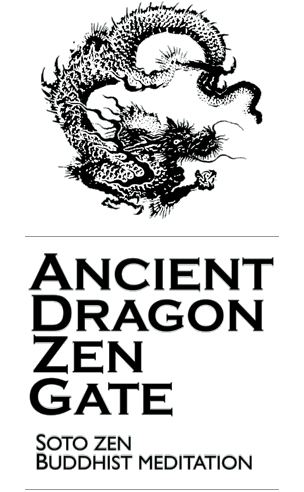By 'consensus' I mean that all sects of Buddhism should at least have a few essential points in common...otherwise there's no reason to call them all Buddhism.
To describe the overall mood of each major sect I would have to use three words...morbid, magnificent and mundane.
Theravada is morbid, gloomy and nihilistic. Its a brooding over dry bones, negating everything in sight, lets all get the hell out of here and never come back...kind of culture. They are often accused of being selfish about all this morbidity, but I dont see that. The older monks assist the younger generation as they do everywhere else.
Interestingly, the Rinzai master Hakuin wrote that the earliest generations of Theravada masters were far more advanced in their path than most of Hakuin's Zen contemporaries. A very generous open minded statement.
Indian Mahayana is magnificent, spectacular and dramatic. There's lots of fireworks going on, ecstatic dancing deities, fiery demons flourishing their fangs, jewel trees and flowers falling from the sky.
Every time I see pictures of India it occurs to me that the beauty of nature there is almost completely ignored...because their art and architecture is so exclusively anthropomorphic.
The Zen sect has inherited some of Mahayana's magnificence...but the primary mood is mundane and subtle...although wonderfully mundane. Notice how Zen art renders very ordinary objects, plants and animals as if they were sacred...as if glowing with some mysterious intimate meaning?
Subtlety is important also in human relations. When two professors of philosophy meet to discuss Buddhism the precision of words is critically important. But when two Zen masters meet they look for subtle signs of understanding...aside from the words exchanged.
To describe the overall mood of each major sect I would have to use three words...morbid, magnificent and mundane.
Theravada is morbid, gloomy and nihilistic. Its a brooding over dry bones, negating everything in sight, lets all get the hell out of here and never come back...kind of culture. They are often accused of being selfish about all this morbidity, but I dont see that. The older monks assist the younger generation as they do everywhere else.
Interestingly, the Rinzai master Hakuin wrote that the earliest generations of Theravada masters were far more advanced in their path than most of Hakuin's Zen contemporaries. A very generous open minded statement.
Indian Mahayana is magnificent, spectacular and dramatic. There's lots of fireworks going on, ecstatic dancing deities, fiery demons flourishing their fangs, jewel trees and flowers falling from the sky.
Every time I see pictures of India it occurs to me that the beauty of nature there is almost completely ignored...because their art and architecture is so exclusively anthropomorphic.
The Zen sect has inherited some of Mahayana's magnificence...but the primary mood is mundane and subtle...although wonderfully mundane. Notice how Zen art renders very ordinary objects, plants and animals as if they were sacred...as if glowing with some mysterious intimate meaning?
Subtlety is important also in human relations. When two professors of philosophy meet to discuss Buddhism the precision of words is critically important. But when two Zen masters meet they look for subtle signs of understanding...aside from the words exchanged.




Comment